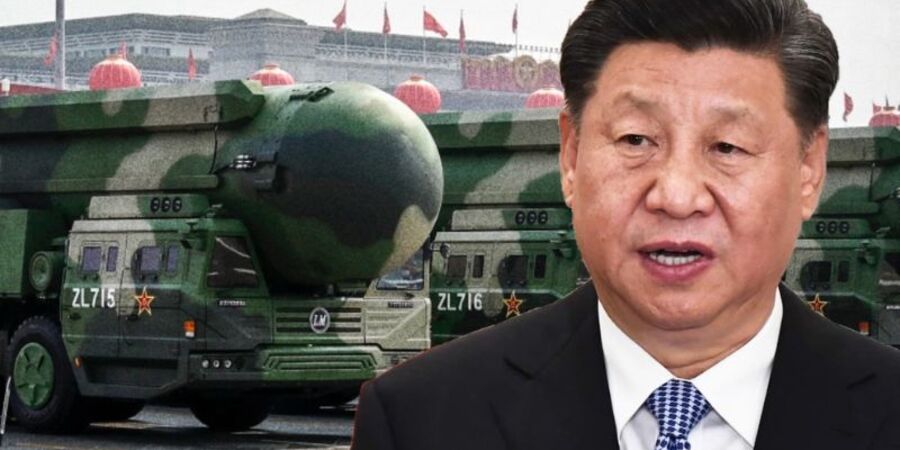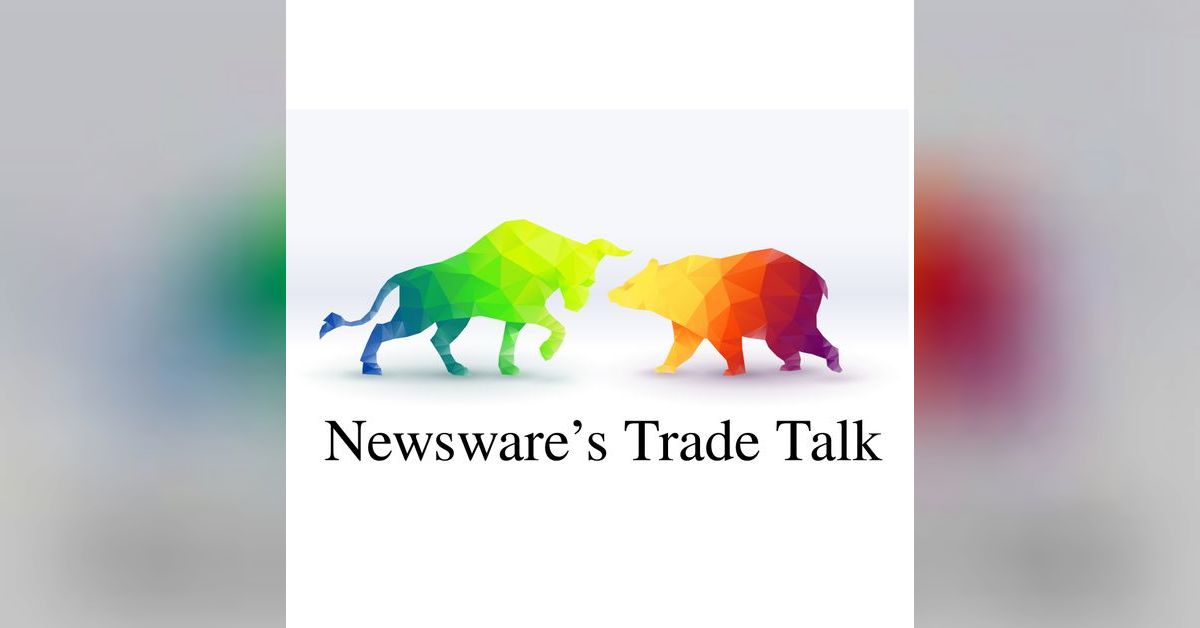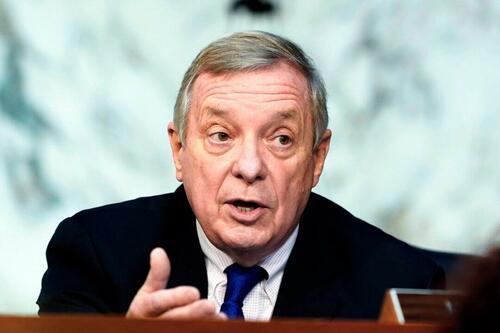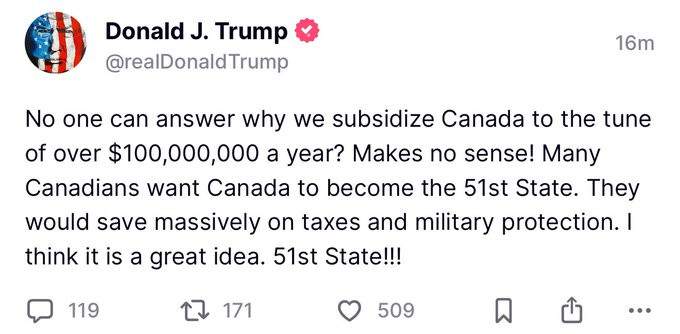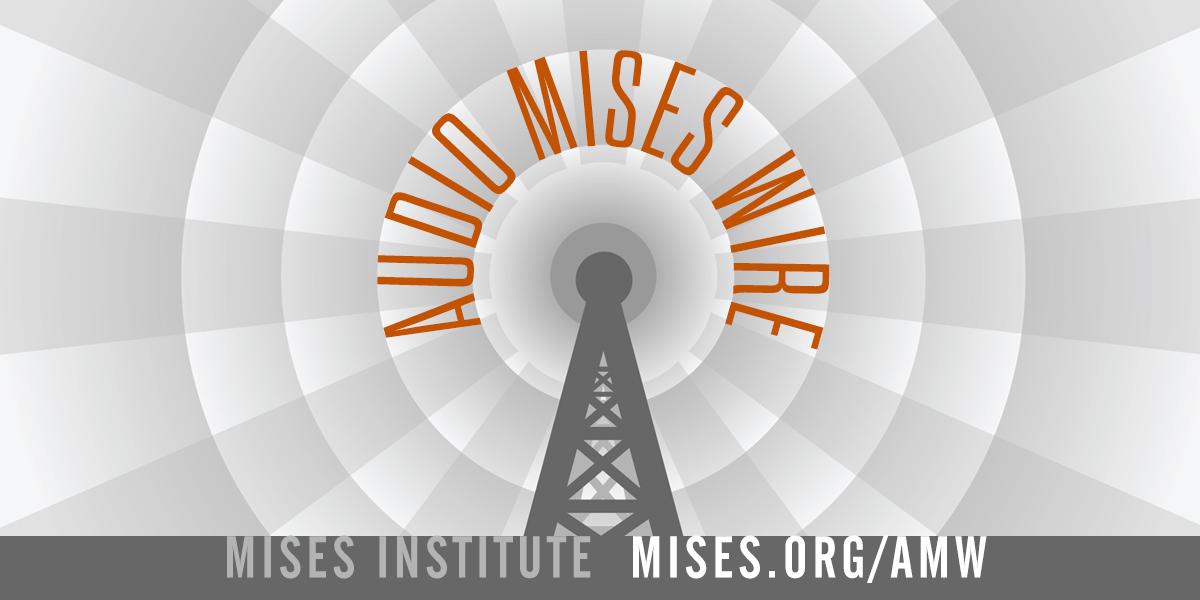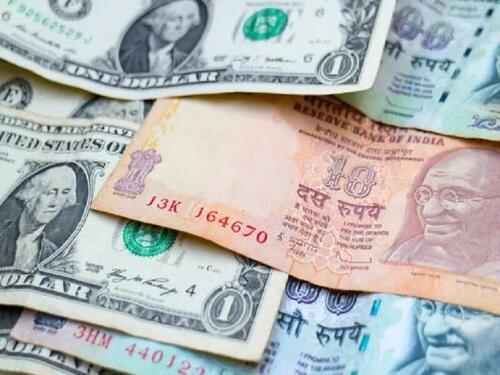Authored by Andrew Korybko via substack,
Few can afford to be massively tariffed by the US, let alone sanctioned, and most aren’t willing to burn their bridges with the US for ideological reasons at the expense of their immediate economic interests…
Indian External Affairs Minister Dr. Subrahmanyam Jaishankar clarified earlier this month that “India has never been for de-dollarization. Right now there is no proposal to have a BRICS currency. BRICS do discuss financial transactions, [but] the United States is our largest trade partner and we have no interest in weakening the dollar at all.” This was in response to Trump threatening to impose 100% tariffs on any country that de-dollarizes.
Here are three background briefings for those who haven’t followed this:
* 6 September 2024: “BRICS Membership Or Lack Thereof Isn’t Actually That Big Of A Deal”
* 1 November 2024: “Did The Latest BRICS Summit Achieve Anything Of Tangible Significance At All?”
* 2 December 2024: “Trump’s Threats Against BRICS Are Based On False Premises”
As the first explained, “BRICS can be compared to a Zoom conference: members actively participate in talks on financial multipolarity, partners observe their discussions in real time, and everyone else with an interest in them hears about the outcome afterwards.” The second one confirmed the veracity of this assessment after the last BRICS Summit had no tangible outcome other than a joint statement. And finally, the last reaffirms the preceding two’s insight, which corrects false perceptions about BRICS.
India is on pace to become the world’s third largest economy by 2030, which requires continued flows of American investment and maintaining access to its enormous market. At the same time, however, it also wants to internationalize the rupee. That last-mentioned policy isn’t de-dollarization per se, but pragmatic and a form of hedging, so Trump shouldn’t be too perturbed. He’s also expected to have the most Indophilic administration in history that’ll be reluctant to sanction India anyhow.
The Indian way represents the model for other Global South countries to follow. Few can afford to be massively tariffed by the US, let alone sanctioned, and most aren’t willing to burn their bridges with the US for ideological reasons at the expense of their immediate economic interests. Furthermore, those that take this chance are making themselves dependent on someone else, namely China. Therefore, this policy comes at the expense of sovereignty, though it’s ironically supposed to strengthen such.
The middle ground between remaining trapped in the dollar system and experiencing its wrath after trying to liberate oneself is to gradually increase the use of one’s national currencies. In parallel with this, having access to alternative non-Western platforms like Chinese ones and whatever BRICS may or may not unveil can help, but they mustn’t become replacements. The goal is to diversify currencies and platforms, not replace one dependency with another, and it’ll take time implement.
Barring a black swan that completely revolutionizes the global financial system, the dollar will likely remain the world’s reserve currency, and Trump will take drastic action against China if it dares to unveil the so-called “petroyuan”. Those suppliers and clients who also decide to use it will face his fury as well. The “petroyuan” might therefore only remain a euphemism for China’s potential use of this currency in some of its bilateral energy deals while probably falling fall short of expectations in the medium-term.
The long term is too far out to forecast, but if the US keeps de-dollarization trends in check under Trump and institutionalizes the means that he’s expected to employ, then that’ll naturally have an adverse effect on internationalizing the yuan. At most, it might begin to be used more in bilateral trade deals too, but the US’ grand strategic goal is for the dollar to remain the currency of choice in energy deals. Internationalizing the ruble like Russia has done with its energy deals isn’t a threat to the dollar at all.
The only reason it even happened was because the US prohibited the use of dollars by others when purchasing Russian energy products, but curtailing and eventually even lifting these sanctions (as well as the associated one banning Russia’s use of SWIFT) could likely reverse this trend to a large degree. After all, it’s much more convenient for everyone to go back to the old order of business, though the US’ weaponization of the financial system since 2022 left an impression that’ll lead to continued hedging.
As “politically incorrect” as it may sound, China already complies with some of these same Western sanctions against Russia despite still officially criticizing them as hegemonic. This is proven by the Chinese-based BRICS New Development Bank and the SCO Bank suspending projects in Russia and not allowing the transfer of Russia’s dues respectively as proven here and here. RT also drew attention to Russia’s payment problems with China in early September, which were analyzed at length here.
It might therefore be unwise for any country to make itself dependent on China by promulgating radical de-dollarization policies since there’s no guarantee that the People’s Republic will have its back. The fact of the matter is that China’s complex interdependencies with the West are too deep, and this places major limits on its financial policymaking capabilities, thus explaining why it hasn’t fully supported Russia. This observation could lead to self-imposed restraints among aspiring de-dollarizing states.
No responsible country like India would feel comfortable fully returning to the former system so the increased use of national currencies and utilization of alternative platforms will persist into the future. So long as these trends remain manageable, and Trump is expected to do his utmost to this end, then no radical changes are expected anytime soon. Everything will continue moving more or less in the same direction, but at a gradual pace, and that’s best for the West and the Global South at this point in time.

